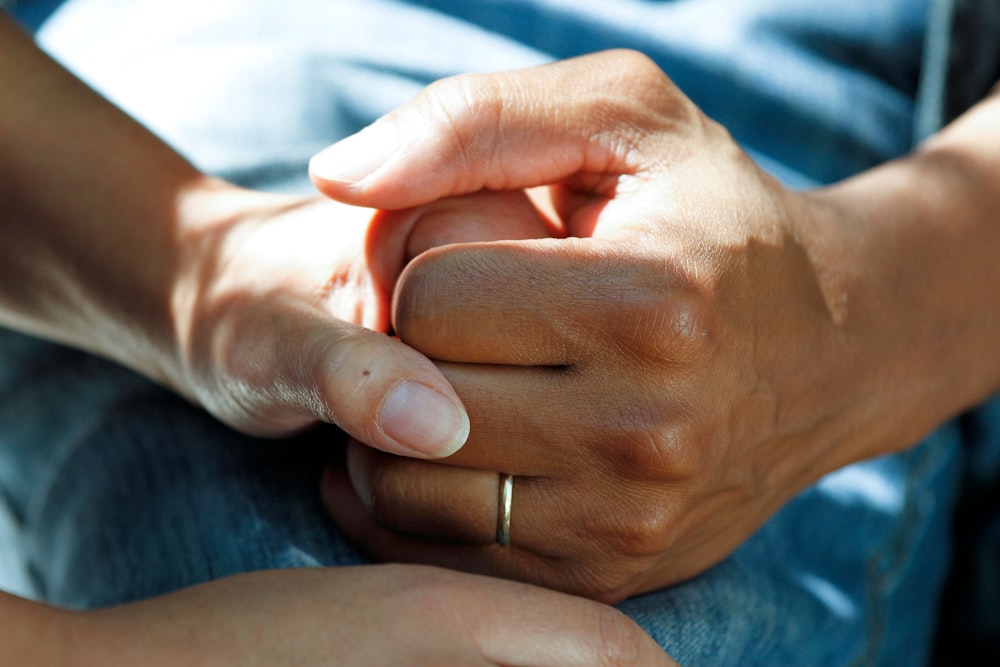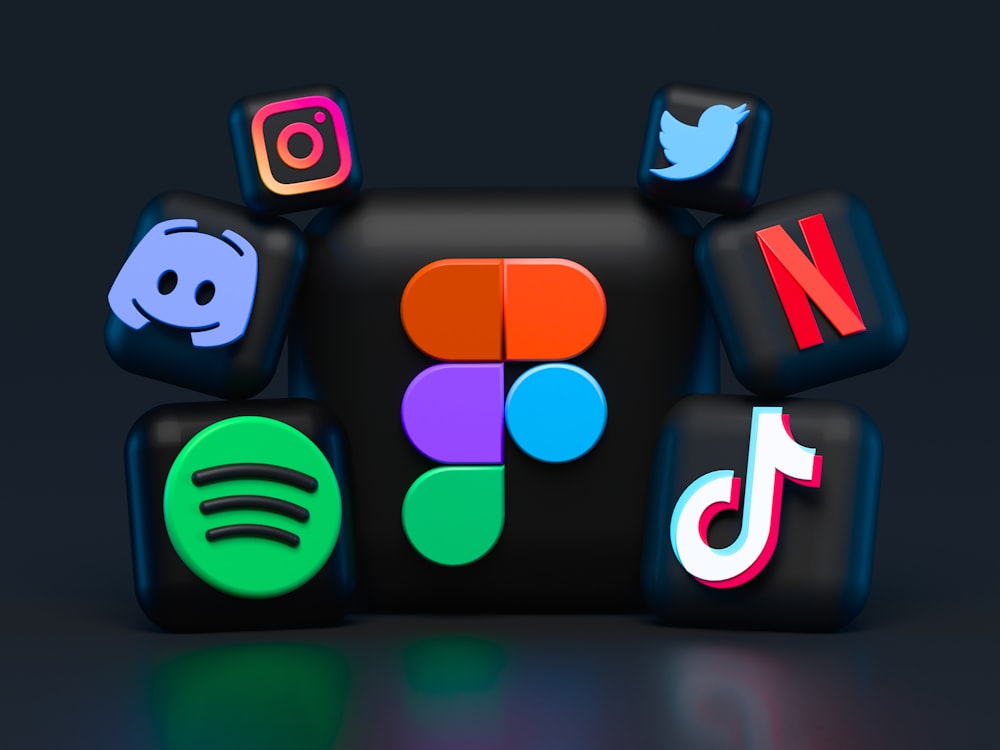
Importance of Mental Health Awareness and How to Raise Mental Health Awareness
Mental health illness among people is increasing over time worldwide. With that, there has also been an increasing acknowledgment of mental health illnesses. Suicide is the fourth leading cause of death among our teens 15 to 29 years old. This has been a pressing issue over the recent years, hence many initiatives are being rolled out to increase mental health awareness among people.
Read also: 7 Secret Techniques To Overcome Exam Stress
What is mental health?
Mental health refers to our emotional, psychological and social well-being. It is the way we think, feel and act. Our mental health also determines how well we are able to handle stress, relate to others, and make decisions and choices. Hence, mental health conditions are health conditions that involve our emotions, the way we think, and/ or our behavior.
Which leads to asking why is mental health awareness important?
Why is mental health awareness important?
Mental health awareness is important to help the millions of people who are affected by mental health issues. Mental health awareness is not only to educate the people but to send a message to those who struggle. The goal of mental health awareness is to allow the people who are suffering to know that they are not alone and that help is nearby. As we continue to be aware and support those who need help, we can make a difference in society and allow people to benefit from knowing about these common illnesses.
Hence, here are some ways to help support mental health awareness.
7 Ways to support mental health awareness
1 - Participate in mental health awareness events
In Singapore, there are many mental health awareness events that are held, and here are some of the events that you can start at:
- Project Thrive By Care Community Services Society
- Counselling & Therapy By Morning Star Community Services
- #EatMoveCreate By Singapore Association For Mental Health
If you live somewhere else in the world, there are definitely campaigns and events that you can find easily near the area you live in.
In America, May is the month of Mental Health Awareness. Every year during the month of May, Americans come together to raise awareness about mental health throughout the month. They fight against stigma, provide support and educate the public with useful knowledge.
2 - Learn the signs and symptoms of various common mental health illnesses
The first thing to raising awareness of any topic is to understand the topic and underlying causes. Mental illness takes many forms, hence it can be hard to identify. But you can start by noting the symptoms of the common mental health illness. Five of the most common mental health disorder experienced by many are Anxiety, Eating disorders, Depression, Mood disorder, and schizophrenia. You can start by learning some notable symptoms of these mental illnesses and look out for the people around you.
3 - Create a safe space and talk about mental health openly
One way to raise mental health illnesses is to talk about them openly. Share your knowledge and information with the people around you to keep the conversation going. Create a safe space for others to talk and discuss their struggles, especially your loved ones. People who suffer from mental health issues tend to keep these struggles to themselves as there are still stigma and taboo around this topic. Hence, creating a safe environment and talking about mental health issues openly is sending a message to those who are struggling to step forward and the help that you have extended to them will go a long way.
4 - Encourage kind language
More often than not we use sensitive words and phrases that can easily be misinterpreted. Your jokes and humor may sound harmless to you but it may not be the case for others. Using unkind language can be triggering and detrimental to those who have mental health conditions. Hence, we should always be mindful and careful with our words to prevent hurting or triggering somebody’s anxiety.
5 - Learn to listen carefully
There are two types of listening we are referring to here. One is, listening to the way someone speaks. Some people make jokes to mask the pain they are hiding because they have no outlet. Therefore, if you notice someone is making jokes that are concerning to their struggles, you might want to reach out to them privately and ask if everything is okay.
The second type of listening is paying attention when someone is sharing their problems. Be intentional when you listen, show that you care, and always remind them that you are here for them. If someone confides in you, it shows that they trust you. Hence, be present and be there for them.
6 - Leverage social media
Social media is one of the drivers behind the increasing number of mental health condition cases. But we can also use social media to educate, and raise awareness. Social media is a great way to spread educational information, Instagram, Facebook and Twitter are some of the social media platforms our teens use to the community with their friends and loved ones. Hence, sharing useful information like the symptoms, help hotline and other mental health issues-related articles can help some of them. Social media is also a place where people can be anonymous. Hence sharing this information can be of great help to those who are struggling in silence.
7 - Volunteer as a member in mental health awareness events
Besides advocating mental health by spreading information in your social circle, you can also choose to help as a member of society by volunteering. You can easily google and find mental health clinics for upcoming campaigns that need an extra helping hand.
Mental health awareness starts today with you. Be the change you wish to see in the world.

Written by
Tutopiya Team
Educational Expert
Related Articles

The Power of Continuous Learning in a Fast-Paced World
Master continuous learning for IGCSE, IB, A-levels & international education success. Thrive in a fast-paced world with essential skills.

The Ultimate Guide to Entering A University in Singapore
The new freshmen are about to join the new academic year soon this coming March. Are you one of the new freshmen

How Digital Tools in Education are Meeting Students’ Needs
Discover how digital tools transform IGCSE, IB, & A-level education, meeting student needs & bridging gaps. Explore engaging, interactive learning now!









